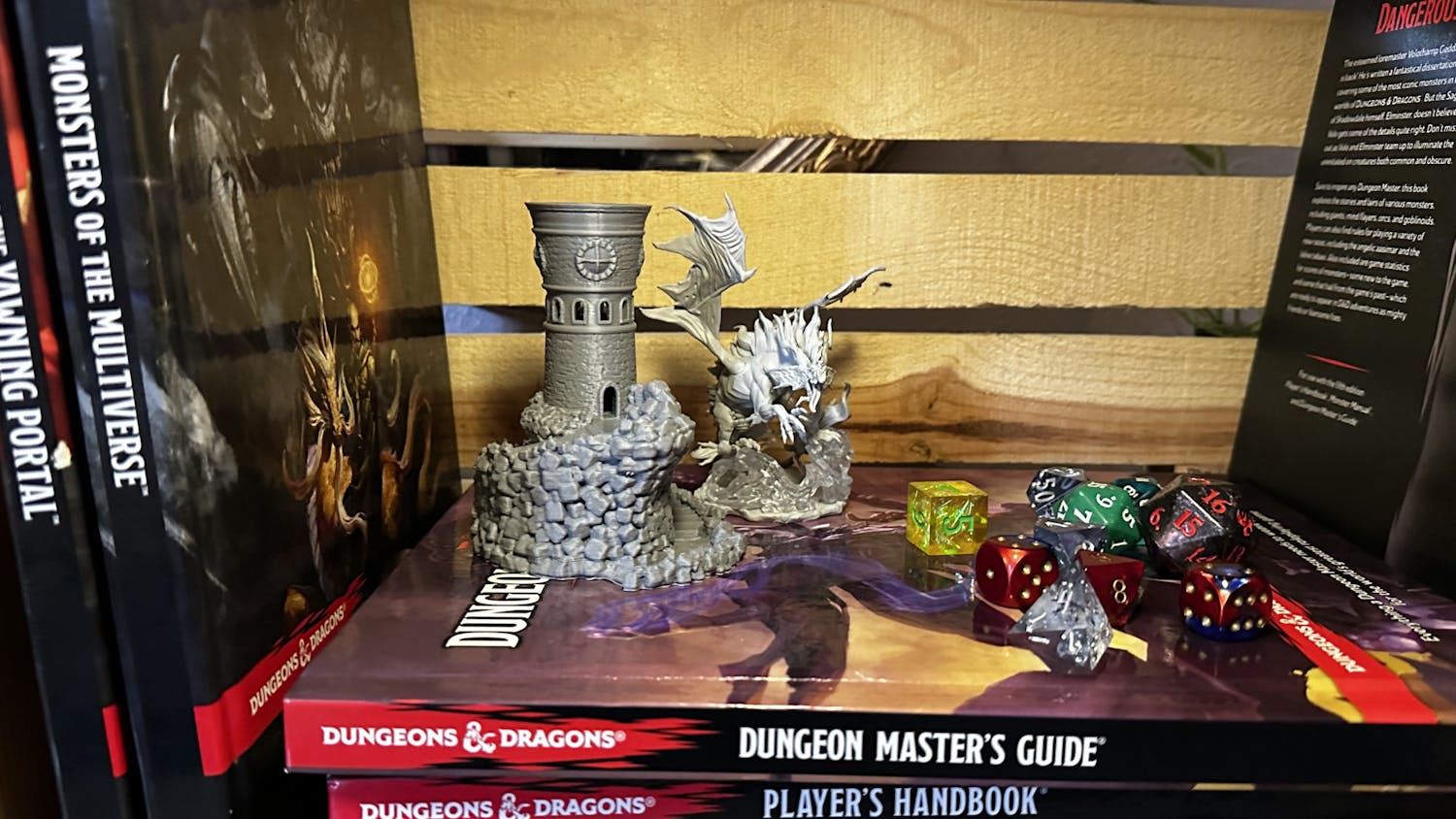Column by Makenna Marks
What are your plans after graduation? It’s the dreaded question that induces panic, fear and maybe even existential crisis. It’s something that all of us have thought about, and whether we like it or not, we eventually have to face the inevitable.
When it comes to planning our future, having professional relationships set in place that might help us land an internship or rock that job interview can help take away some of the stress and self-doubt that keeps us up at night.
But how can we build those kinds of relationships? Ask your professors. Actually, do more than that.
Go to your professor’s office hours and get to know them. Talk to them about what you hope to do after college. After all, they know what it’s like in the real world.
Mark Staton, associate marketing professor and director of MBA and graduate programs at Western, explained that students can gain short and long-term benefits from having a relationship with their professor.
When it comes to short-term benefits, Staton said students will get more out of their classes. “You’ll start to understand why the professor is picking certain assignments and how they will help you,” Staton said.
Staton stressed the importance of these relationships when it comes to long-term benefits. When applying for jobs and internships, a letter of recommendation may be required. “If a student asks me for a letter of recommendation and I don’t know them, I usually say no,” he said.
Just like any relationship, it takes genuine work. To take advantage of the benefits and opportunities your professors can provide you with, you need to put in the time and effort.
In an article published in the “Journal of College Student Development,” written by Meera Komarraju et al., it was found that students who know even one faculty member at school are likely to feel more satisfied with their college experience and aspire to go further in their careers.
The research continues to explain that “functional interactions,” or academic interactions between the professor and student outside the classroom, can enhance learning capabilities. A good example of a functional interaction would be going to office hours to ask about any upcoming internships.
“Successful people are lifelong learners,” Staton said. “Faculty are really good at putting you on that path.”
Molly Vandergon, a communication sciences and disorders major at Western, talked about the long-term benefits and future opportunities that come along with having a relationship with your professor.
“If you’re applying for grad school, you can get recommendations from them,” Vandergon said. “You’d also have access to more opportunities in school and in the community.”
Melissa Bossman, a communication sciences and disorders major, said some students might be a bit hesitant to start building a relationship with a professor in their field of interest.
For students who find themselves anxious about approaching professors, Bossman recommended starting that relationship by going to office hours.
“You could start by just asking about the class material and build up to asking questions about stuff in the career field,” Bossman said.
Right now is the best time to start building these professional relationships. It’s the beginning of the quarter. It’s not too late to introduce yourself to your professor and tell them that you’re looking forward to taking their class. Start going to office hours and make yourself known.
Just like any relationship, you need to put in the work with your professors. Come graduation, you’ll be happy you did.





